Faculty of Education
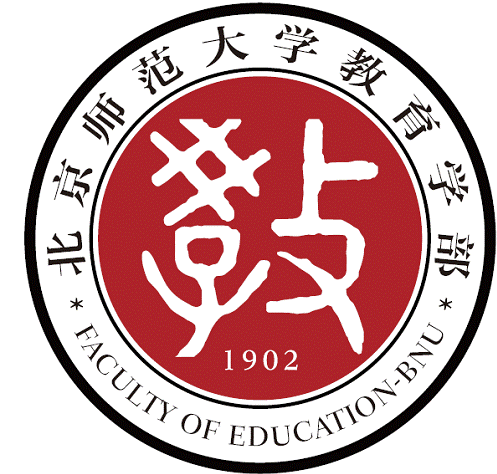
HISTORY
Established in 2009, the Faculty of Education (FOE) at Beijing Normal University is a renowned national leader in advancing knowledge and learning through teaching practices, research projects and public services in education and related fields. Her origins can be traced back to the 1902 founding of the Normal College of the Imperial University of Peking, later renamed Beijing Normal University (BNU). FOE came into being when BNU decided to elevate her subject of education to a world-class discipline and recreate the landscape of education in China by merging all the education schools and institutes into a single entity. Therefore, FOE was grounded on the exceptional success of the specialty of education at BNU, which was the first in China to award master’s and doctoral degrees in education, found post-doctoral scientific research mobile stations, and was authorized to award doctoral degrees in education as a first-level discipline. The missions of FOE are to improve the quality of nationwide educational innovation, to educate and prepare professional teachers and future educators, to house the think tank in education, to offer opportunities for international educational exchange and to facilitate the building of the educational and cultural industry of China.
FACULTY AND STUDENTS
FOE is a premier education school to nurture future academic talents, possessing a strong and reputable team of faculty members. At present, FOE has 213 professorial and teaching staffs, 90% of whom are qualified at doctoral levels, including 95 full professors and 82 associate professors. As an integral part of FOE, our student body is made up of 647 undergraduates, 718 full-time master’s students, 249 full-time doctoral students, 325 Ed.M. (summer program) students, 91 Ed.D. students, and 103 students in English-taught Master’s and doctoral programs, with a total enrollment of 2113 students. To nurture effective teachers, educators and leaders out of our students, rigorous academic training and professional mentoring are provided in FOE, making sure that our students achieve maximum benefits from the educational experience and fully qualified with knowledge, creativity, competence and skills when they graduate.
DEGREE PROGRAMS
Since its founding, FOE has been playing a dominant role in the development of education in China. She offers a vibrant array of high-quality degree programs in education research and practice, including 13 doctoral programs (National Key Disciplines), 15 master’s programs and 5 undergraduate programs, among which Special Education and Educational Technology are highlighted by the Ministry of Education.
LEADING ACADEMICS
Taking academic excellence as its goal, FOE has actively served as a productive research center for China’s educational studies. FOE consists of 13 academic institutions, including School of Foundations in Education, Institute of International and Comparative Education, Institute of Education History and Culture, School of Educational Technology, College of Education Administration, Institute of Curriculum and Pedagogy, Institute of Teacher Education, Institute of Education Economics, Institute (Department) of Early Childhood Education, Institute (Department) of Special Education, Institute of Vocational and Adult Education, Institute of Higher Education, and Institute of Educational Psychology and School Counseling. These institutions shoulder the responsibilities of breaking new ground for educational research, nurturing graduates of distinction, enhancing academic structures and providing public services, etc. FOE also sponsors various highly-regarded and rigorously peer-reviewed academic journals, including International and Comparative Education, Teacher Education Research, Journal of Education Studies, Chinese Teachers and Beijing International Review of Education, which disseminate China’s educational philosophy and present the achievements of the latest scientific research in education.
RESEARCH EXCELLENCE
FOE serves to give advice on educational policy-making at national level and has exerted great impact during the process. FOE is home to 17 inter-disciplinary centers, including Research Center for International and Comparative Education (RCICE), Center for Teacher Education Research at Beijing Normal University, MOE Research Center for E-learning and Educational Public Service (RCEEPS), National Assessment of Education Quality (NAEQ), Capital Institute for Economics of Education, Capital Institute for Basic Education Research (CIBER), Capital Institute for Higher Education Research (CIHER), UNESCO International Training and Research Centre for Rural Education(INRULED), Institute for Education Policy (IEP), National Research Center for Sign Language and Braille (NRCSLB), Capital Research Center for Learning Society (CRCLS), MOE Research Center for Non-public Education (RCNPE), Capital Key Laboratory of Educational Information Technology (CKLEIT), National Research Center for Vocational Education (NRCVE), National Academy of Educators (NAE), The Joint Laboratory for Mobile Learning, Ministry of Education-China Mobile Communications Corporation and Beijing Advanced Innovation Center for Future Education. These research centers produce cutting-edge research on national issues in education and find solutions to challenging and pressing problems facing education.
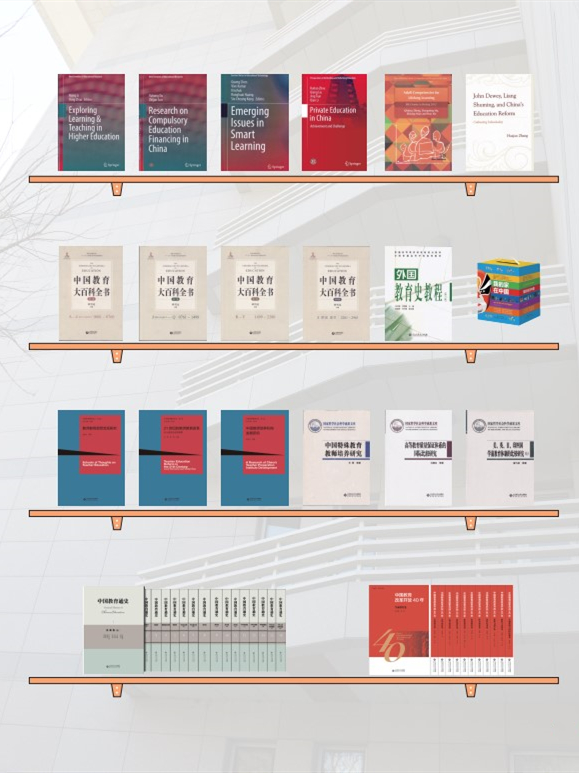
GLOBAL ENGAGEMENT
As a high-end hub for international academic exchange, FOE has signed bilateral or multilateral agreements with over 30 renowned universities worldwide up to now. It has organized and established the International Network of Educational Institution (INEI) along with 9 other top education schools in the world. Each year, FOE sponsors numerous high-level international conferences and invites more than 200 distinguished scholars to lecture. Moreover, FOE is the first of BNU to offer the international master’s programs (courses taught in English), which have attracted a large number of international students and served as a source of inspiration and global outlook for students.
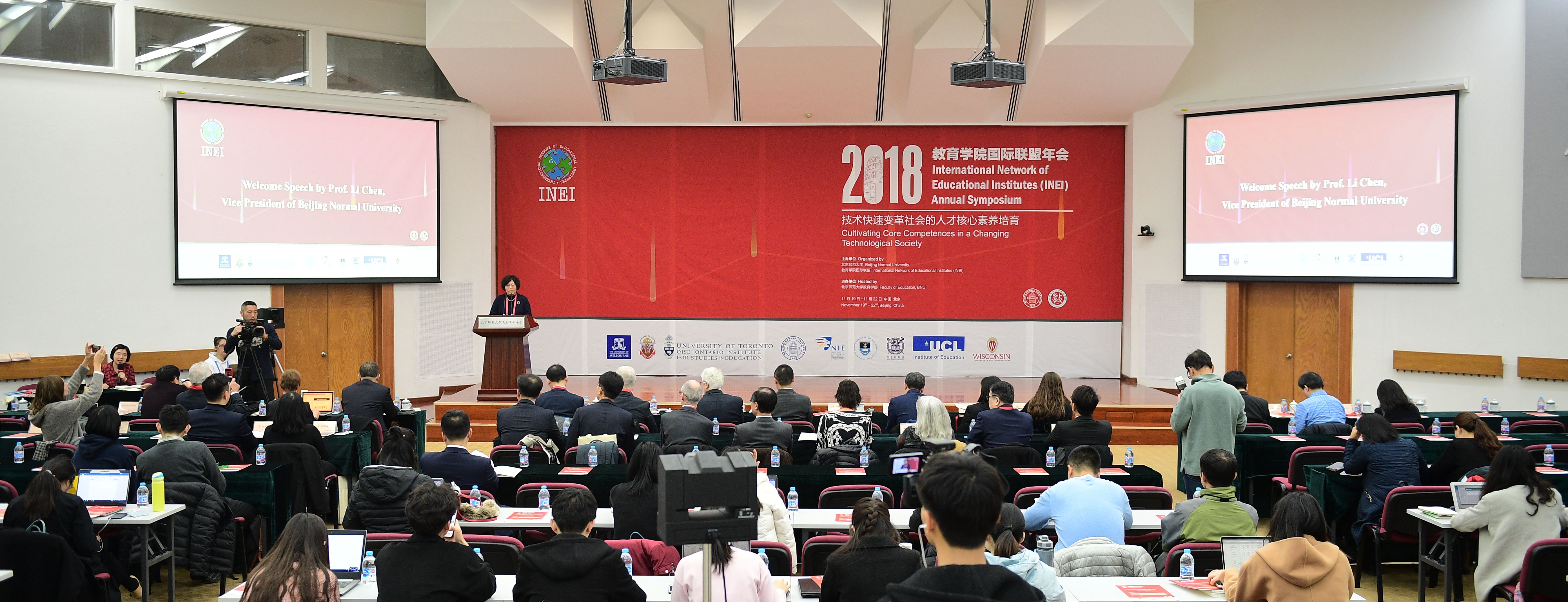
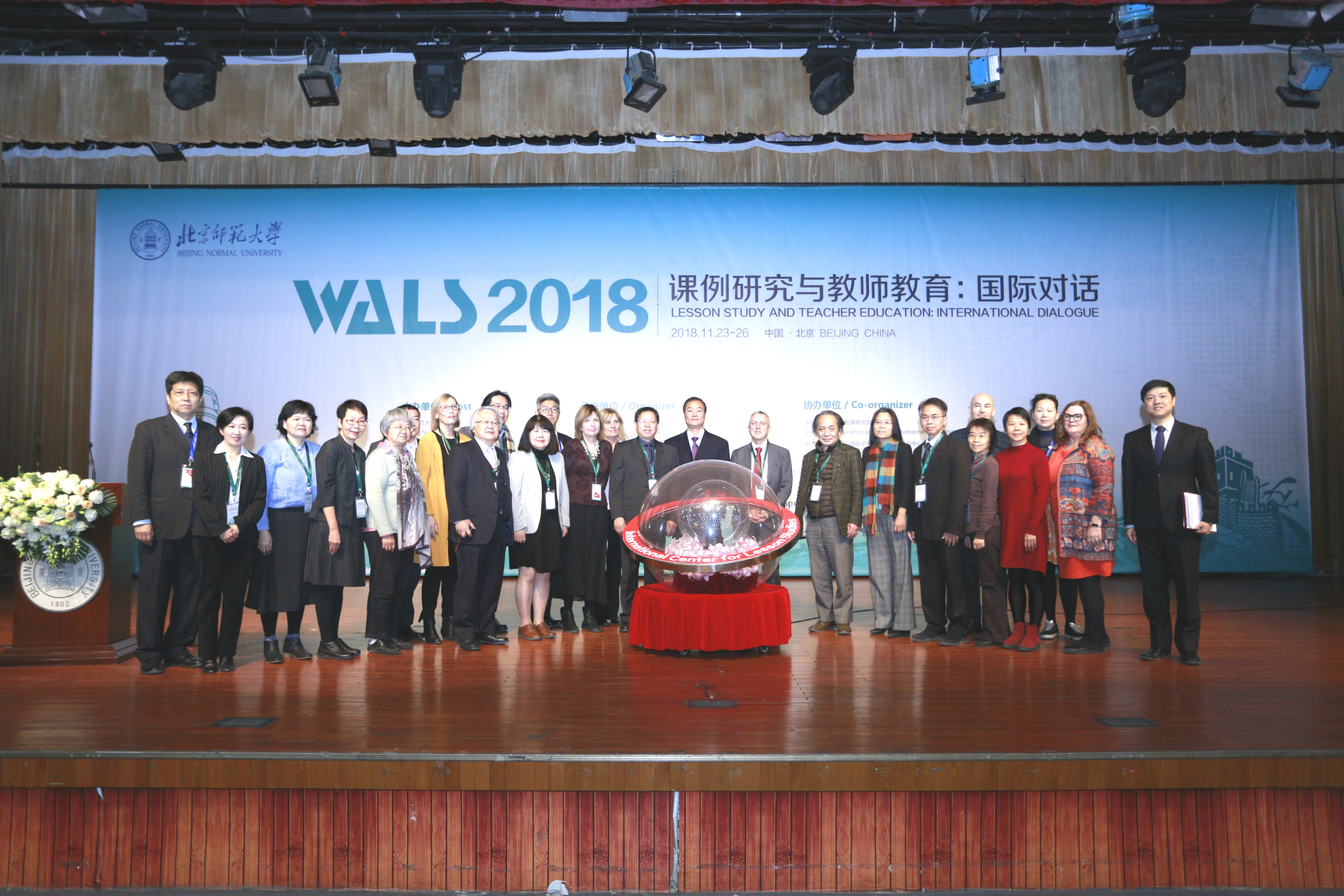
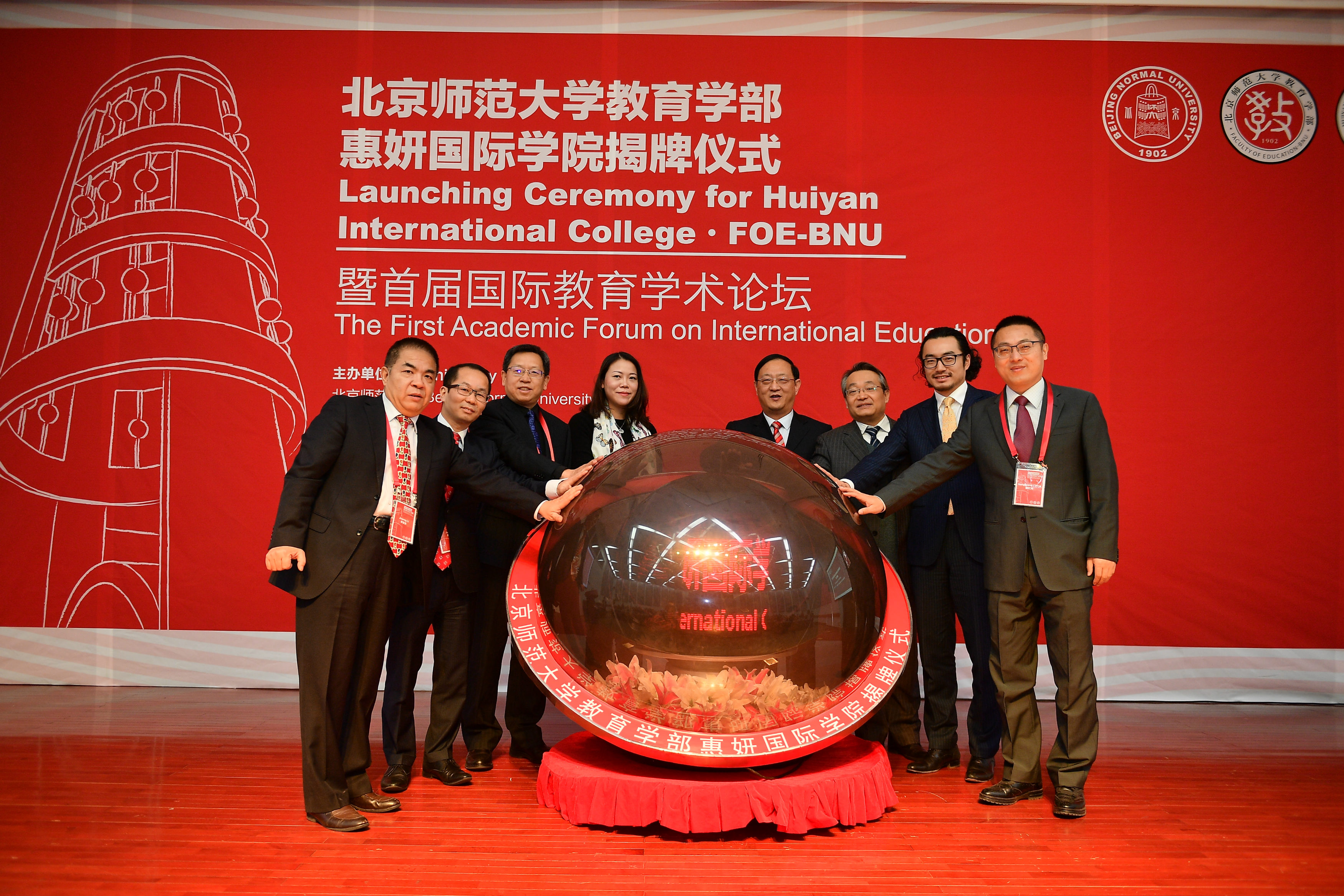
VIEW MORE: https://fe.english.bnu.edu.cn/index.shtml


